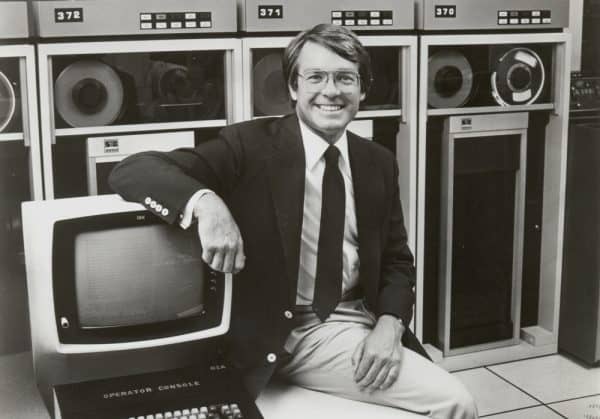When Prices Drop To Zero — Robinhood
What happens to a business when your service is commoditized such that the price — the market price — is ZERO?
This is the problem facing the discount brokerage business today.
To refresh your memory:
1. A long, long time ago, being a stockbroker was a great gig.
You wore a snazzy suit to work, came in just before the markets opened at 9:00 AM EST, read the Journal (maybe the NY Times back when it was a real newspaper), you called some clients, peddled some advice, entered trades for your customers, had lunch at your desk, and you collected commissions on those trades.
You, arguably, got paid for people following your advice. Let me translate that for you: You told people what to do and then those people paid you for following your advice.
Seems like a self-generating cycle? Move to the head of the class, please.
2. Markets were open for restricted hours, ensuring that stockbrokers always got home on time for dinner and the chance to play nine before the sun went down.
No Saturdays, Sundays clear.
3. Along comes this young geeky chap, Charlie Schwab, who understood the “back of house” trading of stocks — sort of like a guy who knows exactly what goes into sausage.
Look at those freakin’ dinosaur computers. Now you carry more than 100X that computing capability in your back pocket.
4. Opines Charlie, “Why is the stock trading commission a percentage of the trade when it is the same work for electrons to run down a wire for 1,000 shares of a $10 stock as it is for a $1000 stock?”
Such is the nature of true genius, asking logical, obvious questions and ferreting out the answers.

